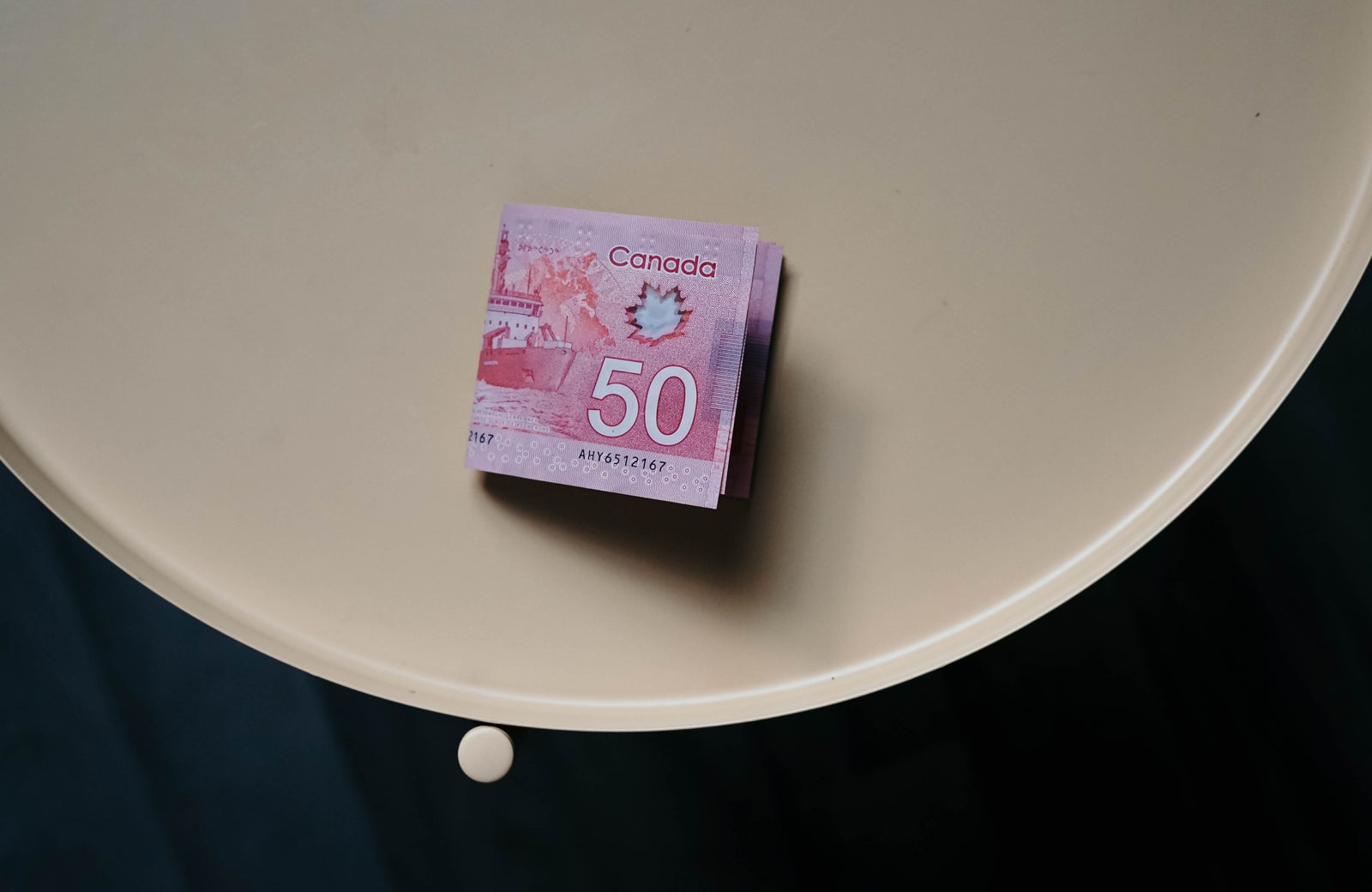
Arghh! You’ve just bought your first house and you sit down with your notary or your lawyer and they bring out the statement of adjustments. What? What’s this cost? Why do I have to pay that cost? Alright, maybe many of you haven’t experienced this, but these were the words that came out of my mouth during the transaction on my first home. I had no idea of the extra costs involved!
Yes, you can call it naivety or inexperience, but I call it poor guidance on the part of the realtor working with me at that time. As a Real Estate Professional, it has coloured the way I do business when working with buyers. One of the first things we do is go over the costs involved in buying a house. There should be no surprises when you get to closing day! In a nutshell, here are some of the costs involved in your purchase. You may have to pay all or some. Be in the know!
- The Application or Mortgage Broker Fee – Processing your mortgage application costs lenders money. Consumers may be charged a fee by a lender or mortgage broker for setting up a mortgage when income or credit issues become more sensitive to the approval process.
- The Appraisal Fee — The money you borrow for your mortgage is usually a percentage of the home’s purchase price, or of the market appraisal — whichever is lower. The lender will use someone on staff or an independent professional to make this appraisal. You are normally responsible for this cost.
- A Land Survey Fee – A plot plan or survey of the property you want to buy is important to establish exactly where the boundaries are and make sure there are no encroachments such as part of your neighbour’s house or garage sitting on your land. Your lending institution will want to see such a survey and can let you know what their requirements are.
- Insurance, of all kinds — If you are applying for a high-ratio mortgage; that is, if you are borrowing more than 80 per cent of your home’s purchase price — you will have to pay for mortgage insurance to protect the lender in the event that you fail to make the necessary payments. As your new home will be used as security for your mortgage; the lender will want you to have extended coverage and fire insurance. You may also wish to check out the cost of buying mortgage life insurance. This insurance ensures that the mortgage balance is paid off if you or a co-borrower dies.
- Legal Fees — These are the fees charged by a lawyer to help you complete the homebuying process. Disbursements are the costs involved in processes such as conducting a title search, drawing up the title deed and preparing and registering the mortgage.
- Property Transfer Tax — this is calculated on the property’s fair market value (usually the purchase price) at the rate of one per cent up to $200,000 and two per cent of the price over $200,000. Over $2,000,000 the percentage rises to 3%,and if the property is residential, a further 2% on the portion of the fair market value greater than $3,000,000 (effective February 21, 2018) First-time buyers may be exempt from this tax subject to certain restrictions. Ask me for details on this.
- GST — When you buy a new home, the entire purchase price is taxable. You may, however, qualify for a partial provincial New Housing Rebate if you plan to live in the home yourself. Ask me for more details. A “used” residential home is normally exempt from the GST. Remember that GST is also applied to the Real Estate Professional’s commission and most other transaction fees such as legal and appraisal costs.
- Other Costs — When you buy a home you will also want to budget for utility bills, annual property taxes (which are pro-rated) and maintenance costs.
It may seem like a lot at first glance, so please remember that these costs apply to a home that you may live in for the rest of your life. Now, let's get to work finding you that home!

